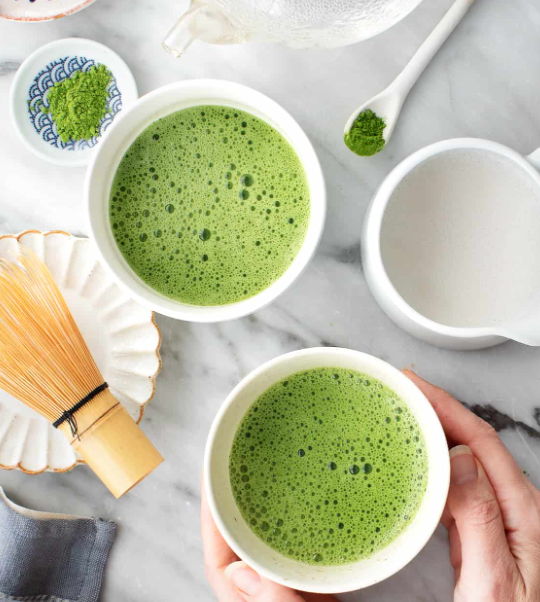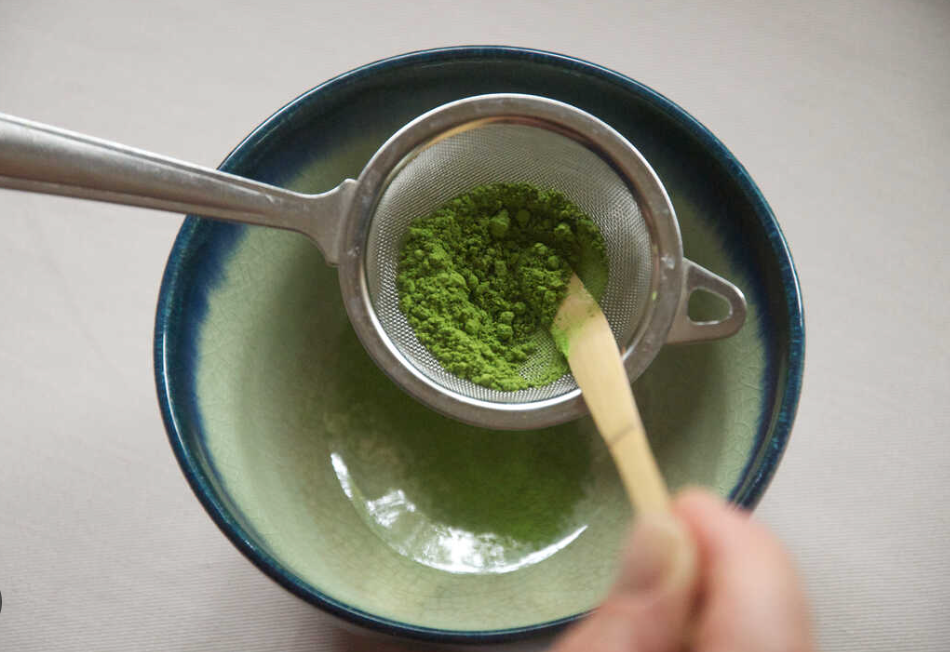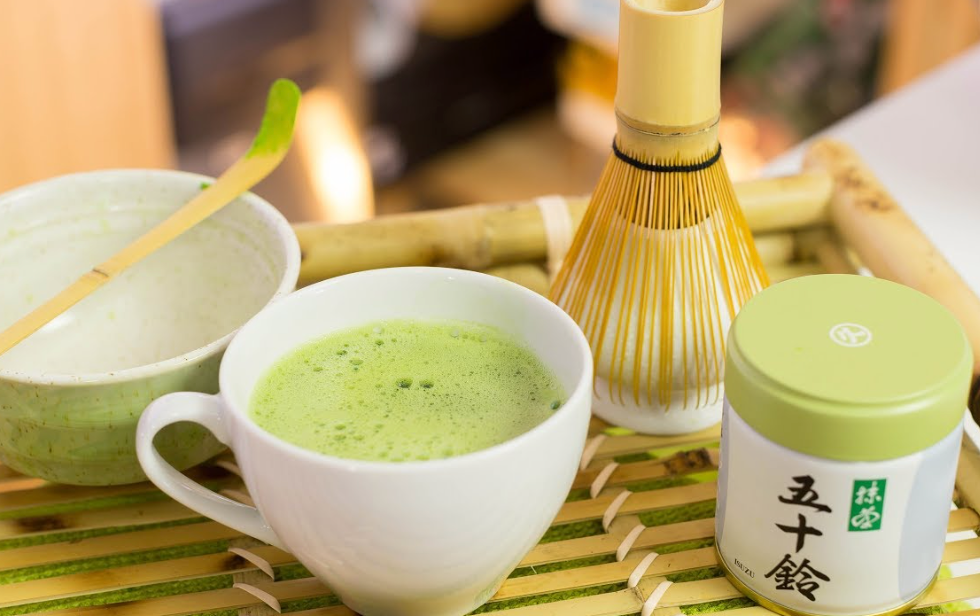
Read time: 2 min
Do you struggle with anxiety? Do you find yourself worrying about the future, ruminating on past mistakes, or feeling overwhelmed by everyday tasks?
If so, you're not alone. Anxiety is a common experience for many people, but the good news is that there are effective strategies you can use to manage it.
In this post, we'll share some tips on how to deal with anxiety so you can feel more calm and in control.
-
Identify your triggers
The first step in dealing with anxiety is to identify what triggers it. Triggers can be specific situations, thoughts, or emotions that cause you to feel anxious. Once you know what triggers your anxiety, you can take steps to avoid or manage those triggers. For example, if public speaking triggers your anxiety, you can practice your speech beforehand, use relaxation techniques to calm your nerves, or consider seeking the help of a therapist or coach.
-
Practice relaxation techniques
Relaxation techniques are a great way to reduce anxiety and promote feelings of calm and well-being. There are many different techniques you can try, such as deep breathing, progressive muscle relaxation, or visualisation. Experiment with different techniques and find what works best for you. Incorporate relaxation practices into your daily routine so you can proactively manage your anxiety.
-
Challenge negative thoughts
Anxiety is often fueled by negative thoughts and beliefs. These thoughts can be irrational or distorted, but they can feel very real and convincing. One effective way to deal with anxiety is to challenge these negative thoughts. Ask yourself if they're really true or if there's another, more realistic way to look at the situation. You can also use positive affirmations or self-talk to counteract negative thoughts and cultivate a more positive mindset.
-
Get enough sleep
Sleep is essential for overall health and well-being, including managing anxiety. Lack of sleep can exacerbate anxiety symptoms and make it more difficult to cope with stress. Aim to get 7-9 hours of sleep each night and establish a relaxing bedtime routine to help you wind down before bed.
-
Seek professional help
If your anxiety is interfering with your daily life or causing significant distress, it may be time to seek professional help. A mental health professional can help you develop coping strategies, challenge negative thought patterns, and learn relaxation techniques. There are many effective treatments for anxiety, such as cognitive-behavioral therapy, medication, or a combination of both.
6. Mushrooms?
In recent years, medicinal mushrooms like Lion's Mane, Chaga, Reishi, and Cordyceps have gained popularity for their potential health benefits, including reducing anxiety.

These mushrooms contain bioactive compounds that can promote relaxation, reduce inflammation, and support brain health.
For example, Lion's Mane is known to stimulate the production of nerve growth factor (NGF), which can enhance cognitive function and reduce anxiety and depression symptoms.
Chaga is rich in antioxidants, which can help protect against stress and inflammation.
Reishi has been shown to have adaptogenic properties, which can help the body better cope with stress.
Cordyceps may also help reduce anxiety and improve mental clarity.
Mushroom coffee is an easy and yummy way to get your daily dose for anxiety free days.
In conclusion, dealing with anxiety requires a proactive and multifaceted approach.
By identifying your triggers, practicing relaxation techniques, challenging negative thoughts, getting enough sleep, and seeking professional help if needed, you can effectively manage your anxiety and feel more in control of your life.
Remember, anxiety is a common experience, but it doesn't have to control you. Take action today and start living a more calm and fulfilling life.






